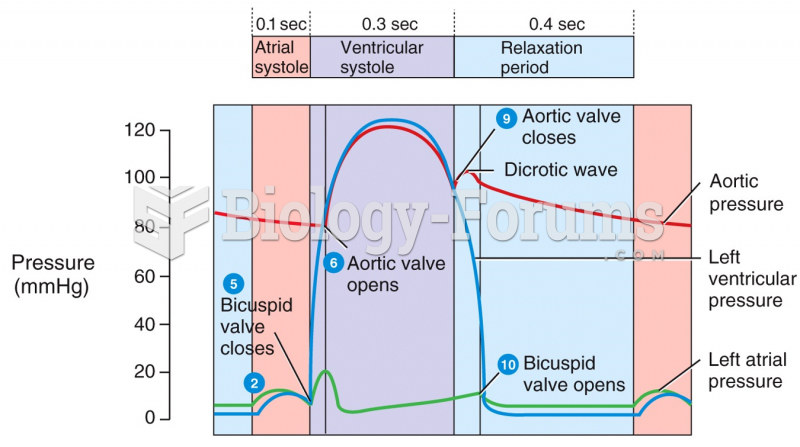This topic contains a solution. Click here to go to the answer
|
|
|
Did you know?
It is important to read food labels and choose foods with low cholesterol and saturated trans fat. You should limit saturated fat to no higher than 6% of daily calories.
Did you know?
In 1864, the first barbiturate (barbituric acid) was synthesized.
Did you know?
Everyone has one nostril that is larger than the other.
Did you know?
Vampire bats have a natural anticoagulant in their saliva that permits continuous bleeding after they painlessly open a wound with their incisors. This capillary blood does not cause any significant blood loss to their victims.
Did you know?
Calcitonin is a naturally occurring hormone. In women who are at least 5 years beyond menopause, it slows bone loss and increases spinal bone density.
 A child in an orphanage in Juba, Sudan. The treatment of this child is likely to affect his ability ...
A child in an orphanage in Juba, Sudan. The treatment of this child is likely to affect his ability ...
 Good body mechanics when facing the table directly. A. Head and back in alignment. B. Legs and feet ...
Good body mechanics when facing the table directly. A. Head and back in alignment. B. Legs and feet ...





